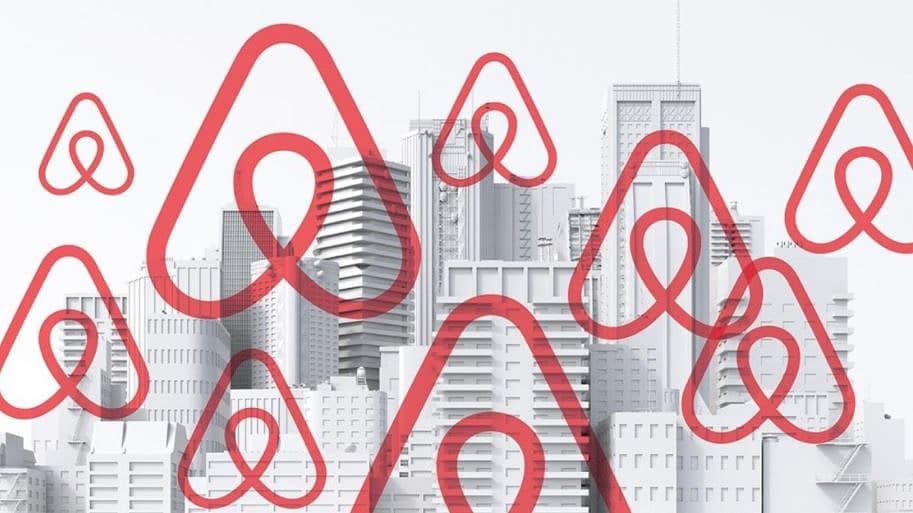The sharing economy is all about interface between crowds. Such as a crowd of car drivers and a crowd of people who want to go somewhere. Or as in the case of Airbnb, a crowd of people looking for somewhere to stay and a crowd of residents who want to earn a little cash from a spare room or a sofa bed. At least that’s how it started out, before the plans to become a travel agent and build hotels. As speculation mounts that Airbnb will go ahead with an IPO in 2020, bringing in to play a third crowd – of retail investors – founder Brian Chesney has revealed he plans to return to the business model and crowd culture that captured people’s imaginations in the first place.
After its ground-breaking launch in 2008, Airbnb has been making headlines in recent years for all the wrong reasons. From letting out a spare room as a side hustle, it had grown to a point where companies build apartment blocks to rent every unit out solely to Airbnb guests. Some hosts have made renting out Airbnb accommodation their fulltime income-earner.
While having Airbnb properties in a city can boost its tourist trade, benefiting restaurants, bars and leisure facilities, it can also distort local property markets by reducing the amount of longer-term rental accommodation available in an area. Landlords do their sums and identify that a sequence of short-term rentals is more profitable than taking longer-term residents. An ensuing reduced supply of accommodation can put longer-term rent costs beyond the reach of people who want to live there.
Also, renting Airbnb accommodation that doesn’t have a host on-site provides opportunities for anti-social behaviour. Rave parties, hedonistic orgies and wanton destruction are all reasons for neighbours to have to call the police. And hotels complained that Airbnb guests were not charged local tourist taxes, thus distorting the marketplace to their disadvantage. Airbnb contests this, though it remains a public misperception that tarnishes their reputation.

Destruction at an Airbnb let in Calgary, Canada. Source: The Guardian, UK
Up until now, Airbnb saw its role as siding with its crowds of hosts and guests to block local authority requests for information that would help them trace the biggest abusers of the system, and enable them to plan their policy-making and control their local economies better. Though that obstructive attitude escalated to a dire example of “beware of unintended consequences” when the global pandemic lockdown froze everyone’s travel plans.
Airbnb changed its refunds policy and handed back to guests all the deposits the hosts believed should have still headed in their direction. Many threatened to leave and sign up with alternative accommodation platforms, such as GoGoPlaces. Airbnb then had to raise money to ensure its survival, and took $2 billion from investors who extracted an expensive 10% interest rate.
Is it really a surprise that the financial and business media are telling us an IPO is back on the cards later in the year, despite a company revaluation at more like $18bn than the $30bn figure quoted previously? Whatever its value, Chesky recognises that few backers would want to invest in an IPO from a company that a large section of the public didn’t want to exist. Hence the return to core original values may not be a purely altruistic move.
Whatever the motivations, they pledge to work closer with local authorities to weed out large operators who provide a mass-produced service and distort local property markets. They will work with tourism marketing organisations to spread guest bookings across more destinations and thus help ease ‘tourist congestion’ in the most popular places. There might be a rating system to assess the attentiveness of real hosts, and their willingness and ability to share local insights on where to go and what to do.
It means the company that people will be encouraged to invest in, whether later this year or beyond, may not be the one they think they know and might have even experienced. Refreshingly, though, it does look like Airbnb is trying to ‘restore its soul’ and maintain the tacit support of a much wider crowd than its hosts, guests, and would-be investors. Perhaps it’s a timely lesson for other major players in the sharing economy to take note of.
Hey, what do you think – is the sharing economy going along just fine, or do you think some of it has lost its way? Please let us know your views.





0 Comments